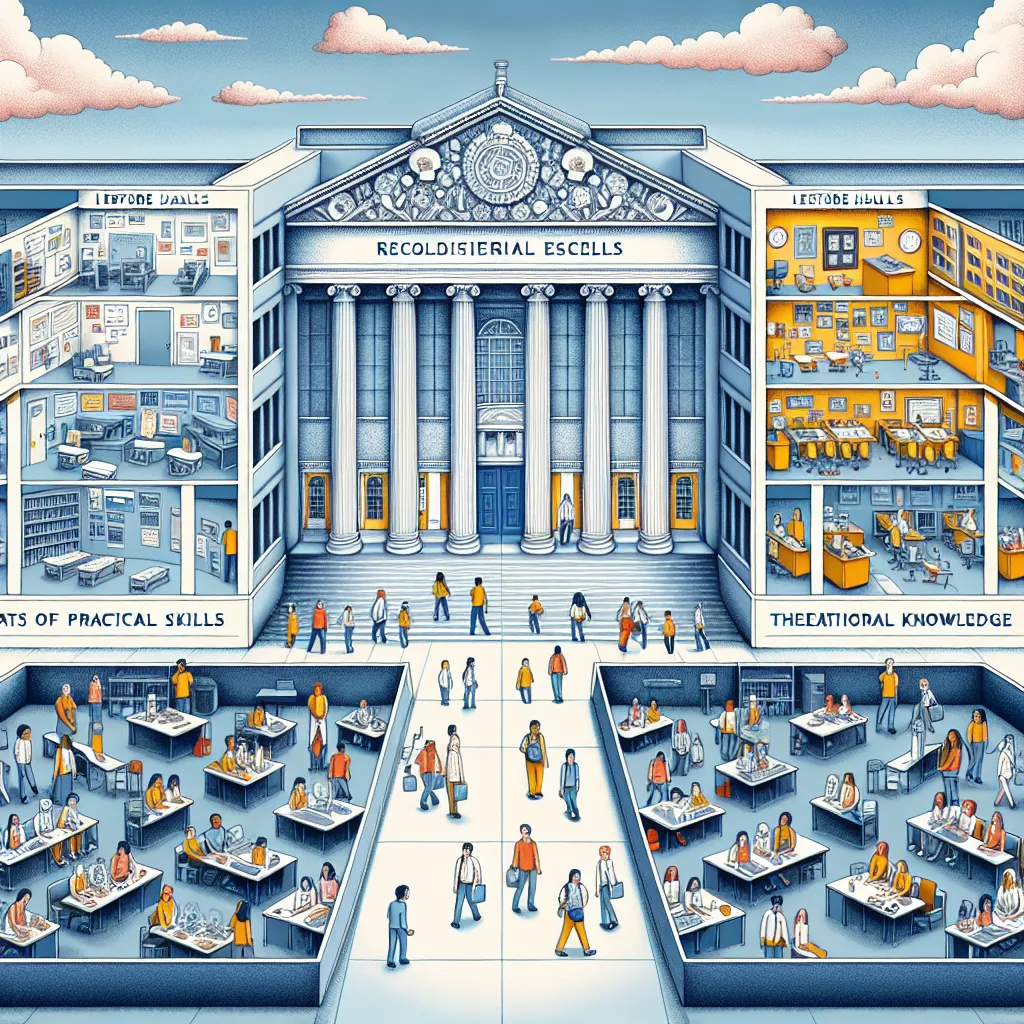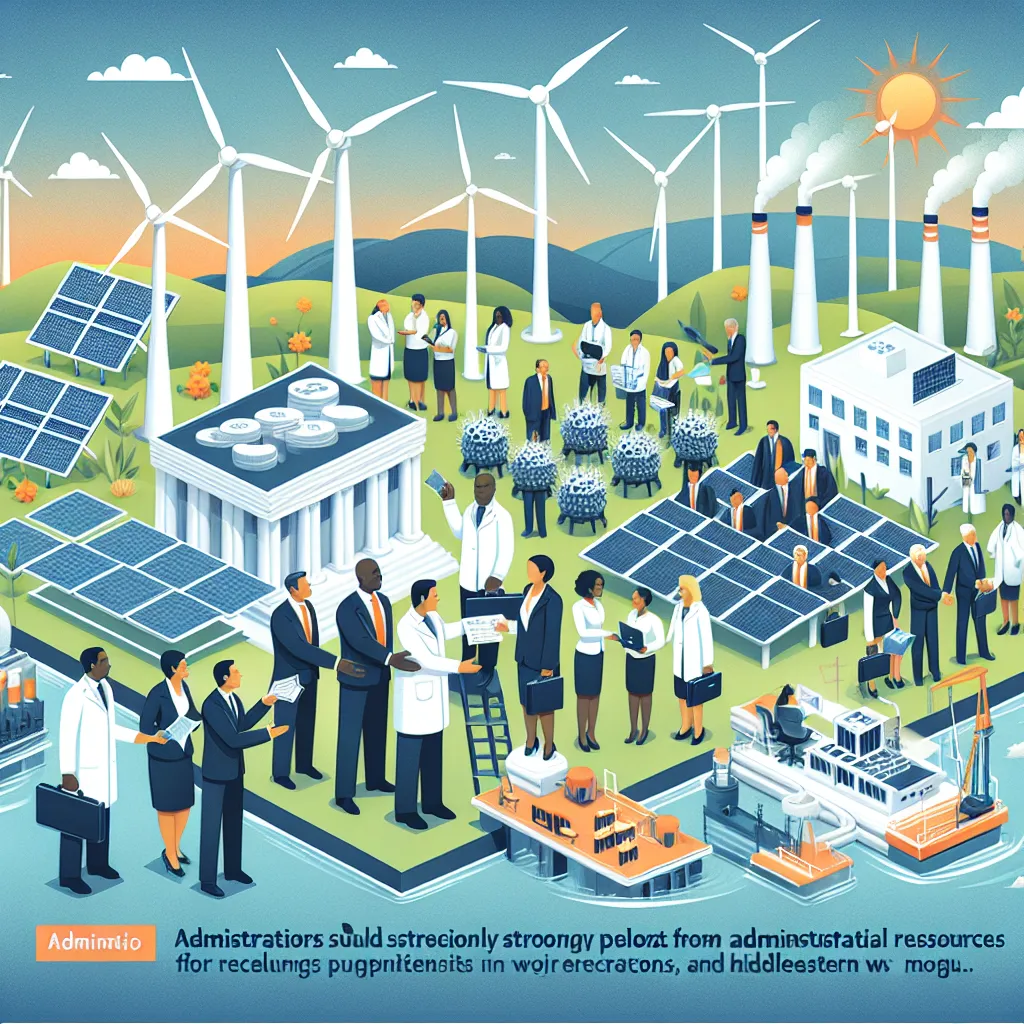In recent years, the debate over the balance between practical skills and theoretical knowledge in university education has become increasingly prominent. This topic has appeared frequently in IELTS Writing Task 2 exams and is likely to continue being a popular subject for discussion. Let’s explore this theme through sample essays for different band scores, focusing on the question:
Nội dung bài viết
Some people think that universities should focus more on providing practical skills to students that are necessary for them to find employment, rather than on studying theoretical subjects. To what extent do you agree or disagree?
Analyzing the Question
Before we dive into the sample essays, let’s break down the key components of this question:
- The main topic is the focus of university education.
- Two aspects are being compared: practical skills and theoretical subjects.
- The question asks for your opinion on whether universities should prioritize practical skills over theoretical knowledge.
- You need to explain the extent to which you agree or disagree with this statement.
Sample Essay for Band 8-9
Here’s a high-quality essay that would likely score in the Band 8-9 range:
The debate over the primary focus of university education has been ongoing, with some arguing that practical skills should take precedence over theoretical knowledge. While I acknowledge the importance of practical skills in today’s job market, I firmly believe that universities should maintain a balanced approach, emphasizing both practical and theoretical aspects of education.
Undoubtedly, practical skills are crucial for graduates entering the workforce. Employers often seek candidates who can hit the ground running, possessing the necessary technical abilities to contribute immediately. For instance, a computer science graduate with hands-on coding experience is likely to be more attractive to potential employers than one who only understands programming theory. Moreover, practical skills can boost students’ confidence and prepare them for the challenges they may face in their future careers.
However, focusing solely on practical skills would be shortsighted and potentially detrimental to students’ long-term success. Theoretical knowledge forms the foundation upon which practical skills are built and refined. It provides students with a deeper understanding of their field, enabling them to adapt to new situations and solve complex problems. For example, an engineer with a strong grasp of theoretical principles can more easily learn and apply new technologies as they emerge, whereas one trained only in current practical skills may struggle to keep pace with rapid technological advancements.
Furthermore, theoretical education cultivates critical thinking, analytical skills, and creativity – qualities that are invaluable in any profession. These skills allow graduates to innovate, lead, and contribute meaningfully to their fields beyond mere technical proficiency. Additionally, theoretical knowledge often has interdisciplinary applications, enabling graduates to bridge gaps between different areas of expertise and foster holistic problem-solving approaches.
In conclusion, while practical skills are undeniably important for employability, universities should not neglect the crucial role of theoretical education. The ideal approach is to strike a balance, integrating practical training with a strong theoretical foundation. This combination will produce well-rounded graduates who are not only immediately employable but also equipped with the knowledge and skills necessary for long-term career success and societal contribution.
(Word count: 309)
Analysis of Band 8-9 Essay
This essay demonstrates several qualities that contribute to a high band score:
- Clear position: The writer clearly states their opinion in the introduction and maintains it throughout the essay.
- Coherent structure: The essay follows a logical structure with a clear introduction, body paragraphs discussing both sides of the argument, and a conclusion.
- Well-developed ideas: Each point is thoroughly explained and supported with relevant examples.
- Sophisticated vocabulary: The essay uses a range of advanced vocabulary accurately (e.g., “precedence,” “detrimental,” “interdisciplinary”).
- Complex sentence structures: The writer employs a variety of sentence structures, including complex sentences with multiple clauses.
- Cohesive devices: The essay uses appropriate linking words and phrases to connect ideas smoothly.
- Task response: The essay fully addresses all parts of the question and presents a nuanced view of the topic.
Sample Essay for Band 6-7
Now, let’s look at an essay that would likely score in the Band 6-7 range:
In today’s competitive job market, some people believe that universities should focus more on teaching practical skills rather than theoretical subjects. While I agree that practical skills are important, I think universities should maintain a balance between practical and theoretical education.
On one hand, practical skills are very useful for finding a job after graduation. Many employers want to hire people who can start working immediately without needing a lot of training. For example, a business student who knows how to use accounting software might find a job more easily than one who only knows accounting theory. Also, practical skills can help students feel more confident about their abilities when they start looking for work.
However, theoretical knowledge is also very important. It helps students understand the reasons behind what they are doing and can make them better problem-solvers in the long run. For instance, an engineer who understands the theory behind their work can come up with new ideas and solutions more easily than someone who only knows how to follow existing procedures. Theoretical knowledge can also help people adapt to changes in their field as technology and methods improve over time.
I think the best approach is for universities to teach both practical skills and theoretical subjects. This way, students can be ready for their first job but also have the knowledge they need to grow in their careers. Universities could offer internships or practical projects alongside regular classes to give students a mix of both types of learning.
In conclusion, while practical skills are important for getting a job, universities should not ignore theoretical subjects. A combination of both practical and theoretical education will help students succeed in their careers and contribute more to society in the long term.
(Word count: 282)
Analysis of Band 6-7 Essay
This essay demonstrates several qualities that contribute to a Band 6-7 score:
- Clear position: The writer’s opinion is stated in the introduction and maintained throughout the essay.
- Coherent structure: The essay has a clear introduction, body paragraphs discussing both sides, and a conclusion.
- Developed ideas: The main points are explained and supported with examples, though not as thoroughly as in the Band 8-9 essay.
- Adequate vocabulary: The essay uses a range of vocabulary appropriate to the task, though not as sophisticated as the higher band essay.
- Mix of sentence structures: The writer uses both simple and complex sentences, though with less variety than the Band 8-9 essay.
- Basic cohesive devices: The essay uses some linking words and phrases to connect ideas, but not as smoothly as the higher band essay.
- Task response: The essay addresses all parts of the question, but the ideas are not as fully developed or nuanced as in the Band 8-9 essay.
Key Vocabulary to Remember
Here are some important vocabulary items used in the essays, along with their definitions and pronunciations:
- precedence (noun) /ˈpresɪdəns/ – the condition of being considered more important than someone or something else
- detrimental (adjective) /ˌdetrɪˈmentl/ – causing harm or damage
- interdisciplinary (adjective) /ˌɪntədɪsəˈplɪnəri/ – involving two or more academic disciplines
- cultivate (verb) /ˈkʌltɪveɪt/ – to develop or improve by education or training
- proficiency (noun) /prəˈfɪʃnsi/ – a high degree of skill or expertise
- holistic (adjective) /həˈlɪstɪk/ – characterized by the belief that the parts of something are interconnected and can be explained only by reference to the whole
- nuanced (adjective) /ˈnjuːɑːnst/ – characterized by subtle shades of meaning or expression
- adaptability (noun) /əˌdæptəˈbɪləti/ – the quality of being able to adjust to new conditions or circumstances
- innovation (noun) /ˌɪnəˈveɪʃn/ – the introduction of new ideas, methods, or things
- employability (noun) /ɪmˌplɔɪəˈbɪləti/ – the quality of being suitable for paid work
 Universities balancing practical skills and theoretical knowledge
Universities balancing practical skills and theoretical knowledge
Conclusion
The debate over the balance between practical skills and theoretical knowledge in university education is likely to remain a relevant topic for IELTS Writing Task 2. By understanding the key arguments on both sides and practicing with sample essays like those provided, you can improve your ability to address this and similar questions effectively.
To further enhance your skills, try writing your own essay on this topic and share it in the comments section below. This practice will help you apply the vocabulary, structures, and ideas discussed in this article, preparing you for success in your IELTS Writing Task 2 exam.
Remember, a well-balanced approach that recognizes the importance of both practical skills and theoretical knowledge is often the most convincing argument in response to this type of question. Good luck with your IELTS preparation!


